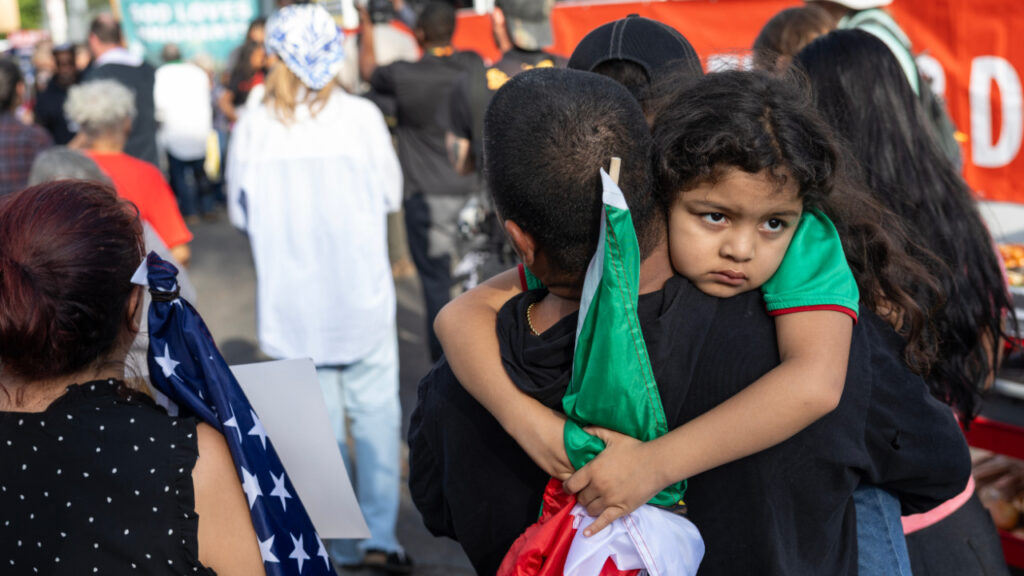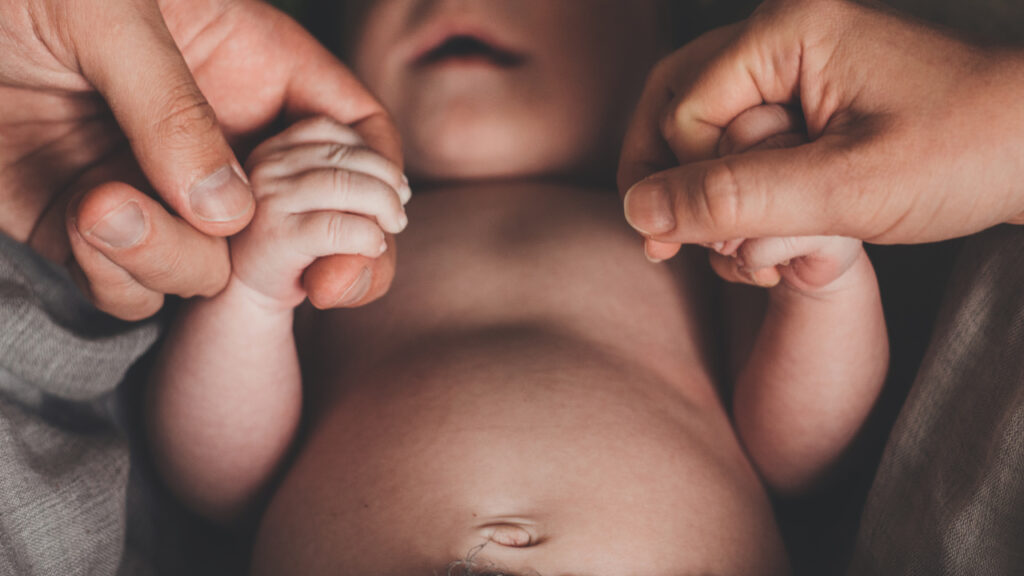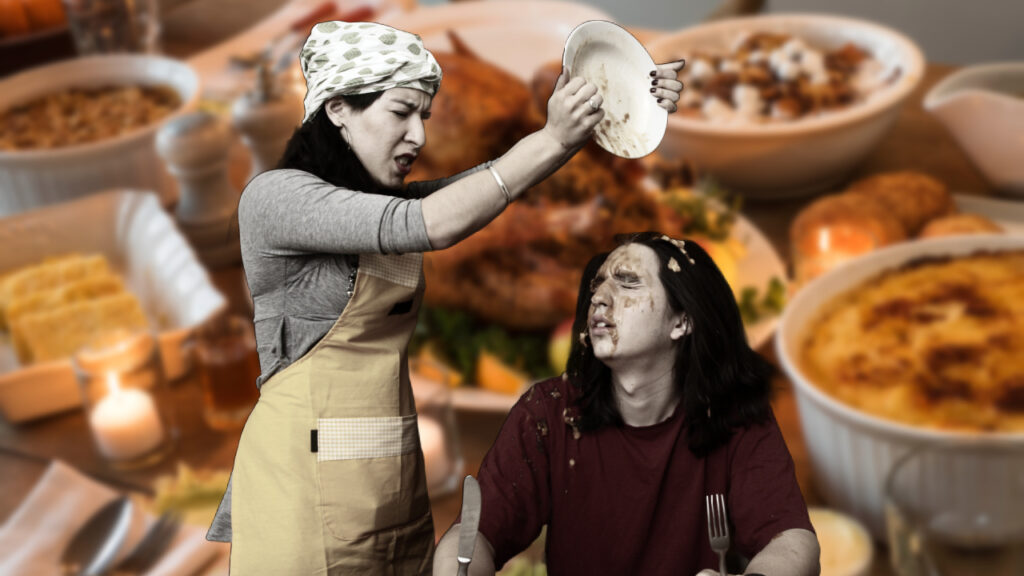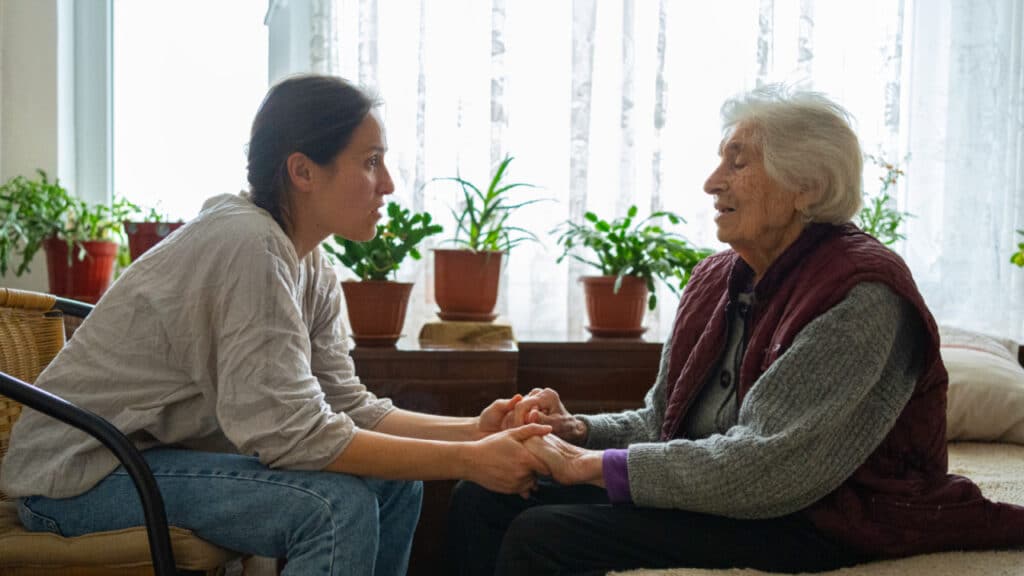
How Medicaid Cuts Could Break the Backbone of Latina Caregiving
Alma Valencia has cared for her mom with dementia for the last ten years. She dresses her, bathes her, feeds her, and somehow still finds time to post advice and support on Instagram as @CaregiverComadre.
“It’s like having another child, but that’s an adult, you know?” she told NBC News. “It’s very, very tough, emotional, very, very draining.”
But things could soon get even harder.
Under the Trump administration’s newly passed tax and spending bill, Republicans are pushing deep Medicaid cuts and new eligibility restrictions. And for Valencia, and millions of other caregivers, especially Latinas, the changes could mean less financial help, more unpaid labor, and fewer safety nets at a time when caregiving needs are growing across the country.
Medicaid cuts are targeting the people who keep families going
According to NBC News, around 63 million Americans are caregivers, helping older or disabled family members. About 11 million of them receive support through Medicaid-funded programs, such as stipends from Home and Community-Based Services (HCBS), which help cover essentials like medications and day care centers.
Valencia’s family spends around $20,000 a year out-of-pocket for her mother’s care, she told NBC News, including home modifications like ramps. Programs like HCBS offer much-needed relief, but are on the chopping block under the new federal budget.
Jason Resendez, president and CEO of the National Alliance for Caregiving, warned during an AARP report event that “it is very likely that those pathways will start to diminish” as states are forced to make tough funding decisions.
Historically, states tend to cut optional programs like HCBS first, Resendez said. And when that happens, unpaid family caregivers are the ones left to fill the gaps.
Latina caregivers are holding up entire generations
Latinas make up 74% of Latino caregivers, according to the Women’s Institute for a Secure Retirement (WISER). And for many, caregiving is a cultural value deeply tied to identity. About 84% of Latino caregivers believe their role is an expectation of their upbringing, while 70% say not doing it would bring shame on their families.
But tradition doesn’t pay the bills.
According to WISER, 41% of Latino caregivers have had to make significant work changes due to caregiving, like quitting their jobs, reducing hours, or taking leave. More than half earn under $30,000 annually, and only 7% are retired. Latinas earn just 52 cents for every dollar a man earns, and many lack access to pensions or full-time jobs with benefits.
Valencia isn’t alone. She’s one of many Latinas caring for a parent while juggling financial stress, work, and often child care, too. “It’s an invisible workforce that strengthens our families and our communities,” the AARP and National Alliance for Caregiving report states.
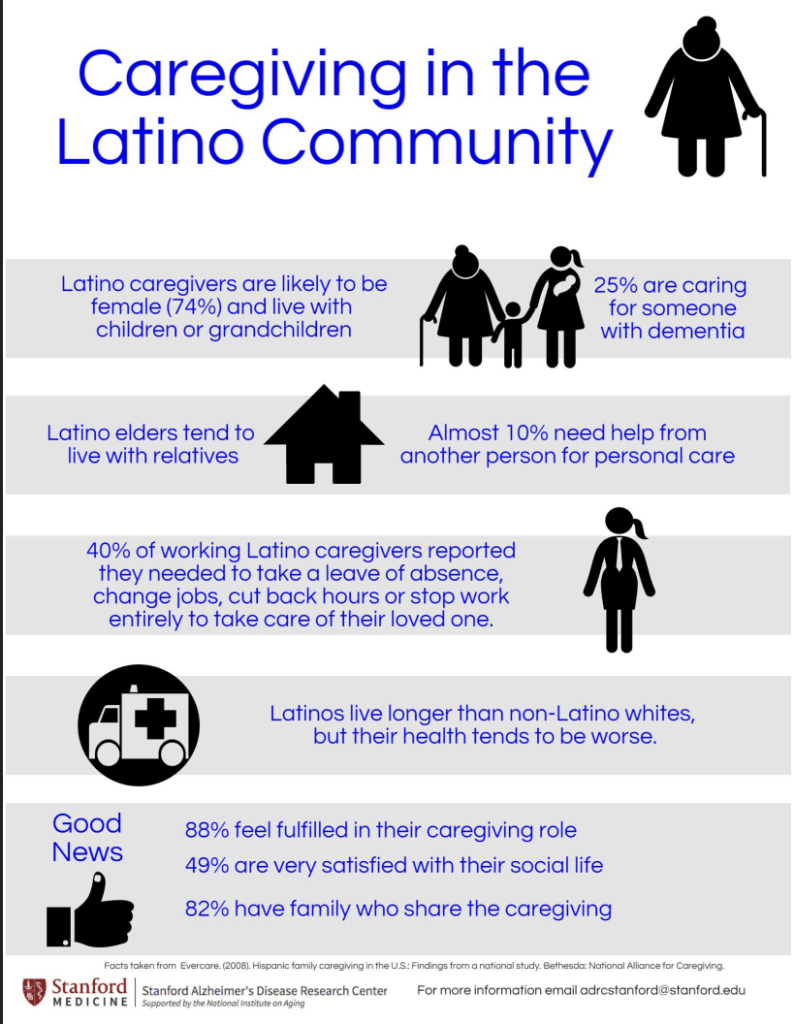
Medicaid eligibility changes could block access entirely
The Hill reported that 13% of family caregivers in the U.S. (about 8 million people) get their own health insurance through Medicaid. The Trump administration’s plan adds strict work requirements, demanding that adults ages 19 to 64 work or volunteer at least 80 hours a month to qualify for coverage.
For caregivers like Lisa Tschudi, who spoke with The Hill, that’s not realistic. Tschudi stayed home to care for her daughter with cerebral palsy and epilepsy. She tried repeatedly to balance caregiving with outside work, but it never worked.
“We really did not have other options,” she said.
Resendez told The Hill that these new rules would force family caregivers to navigate even more bureaucracy to prove eligibility. “We anticipate [them] not just being faced with these eligibility issues, but family caregivers losing Medicaid coverage because of these additional hurdles,” he said.
Caregivers are already underpaid. Now they might not get paid at all
In some states, Medicaid funds help pay caregivers directly. Tschudi, her husband, and one of their daughters are all paid caregivers under Oregon’s Medicaid HCBS program. If those funds disappear, they’ll be forced back into unpaid care, which isn’t financially viable.
“I don’t wish it on anyone,” Tschudi told The Hill. “I really think you leave families in an impossible situation when you don’t pay for caregiving.”
The average unpaid caregiver in the U.S. spends over $7,000 a year out-of-pocket, according to AARP data cited by NPR. And when Medicaid is cut, it’s the home-based services that disappear first, not nursing homes. That means families must take on even more care responsibilities, or face institutionalizing their loved ones earlier than needed.
Latina caregivers are more likely to do the hard work and feel isolated
Data from the National Institute on Aging and the American Heart Association confirm the burden. Latino caregivers are younger, more likely to be women, and are more often providing care for a parent while raising their own kids.
About 53% of Latino caregivers are part of the “sandwich generation,” caring for both children and older family members. Nearly a quarter are also helping someone with dementia, a condition more prevalent among older Latinos.
“Caregivers—we’re a different breed,” said Sharon Duchessi, a caregiver in Sacramento, in an interview with NPR. “It’s hard work.”
She earns $18.65 an hour through California’s Medicaid program, but that pay is capped and doesn’t reflect the full scope of her labor.
Why Medicaid matters even more as the Latino community ages
The Latino population in the U.S. is aging faster than any other group. Between 2000 and 2020, the number of Latino adults over 65 nearly tripled, according to U.S. census data cited by the American Heart Association. By 2060, that number is projected to quadruple.
Without Medicaid, many families will be forced to take on caregiving duties alone, in a system that’s already overburdened and under-resourced.
Programs like HCBS offer more than money. They provide dignity. They give families a chance to keep loved ones at home, avoid institutionalization, and stay afloat.
Valencia, who lives near San Diego, said even before the cuts, she has already seen services disappearing. The day care program that once provided transportation for her mom? Gone.
“I’ve had to step in,” she told NBC News. “It’s little, little changes like that that I’m seeing.”
And she’s sounding the alarm for others.
“I really wish in the Latino community that we shared more of what we’re experiencing,” she said. “The more that we share, the more we normalize the experience, and we open up the opportunity of helping each other out.”


